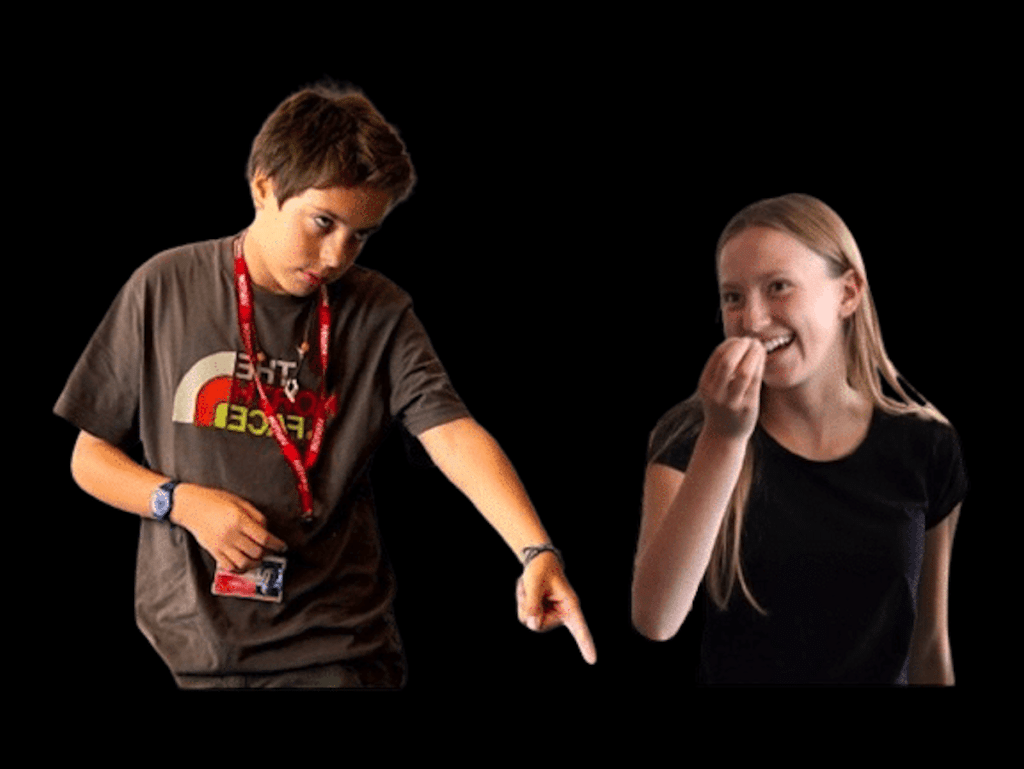Are short-stay courses effective in language learning?
Do they have any impact on learners? Or are those courses just entertaining holidays?
We often have heard the objection that short-stay courses do not have a relevant impact on language learning; that the only effective solution is to go abroad for at least three months for a proper acquisition of a second language.
I took those questions always into consideration and tried to find on what ground they are based on. In fact language learning is such a complex process that it seems quite superficial to reduce everything to the duration of that process, even if time is clearly a factor.
Affirming that a 12-week learning is more effective than a short-stay course seems to me quite obvious and vague because it doesn’t take into account several other factors that have an impact on the acquisition of a second language such as age, personality, motivation, entry level, native language, individual aptitudes etc…
(For more details read the post “How much English can I learn in a short time”, 2014)
The comparison of short-stay course with long residential studies is also vague because it doesn’t mention any factor that may contribute to the progress of language learning, other than focusing on the measurable proficiency of learning in a determined length of time.
Amid those factors, the age of a learner is for instance quite significant as language learning should begin as early as possible while going abroad for 12 or more weeks is surely not appropriate for early years, children and young teenagers who might benefit instead of short language experiences, perhaps accompanied by a parent. Or even by learning at home when a parent (or a friend) can speak a second language to get the child used to the sounds and to organically build up a certain vocabulary.
There is anyway a growing evidence that short-stay courses have their impact on both language learning and personal development.
A research -carried out in 2016 and funded by the University of Edinburgh (see credit)- demonstrated a significant improvement in an attentional switching task just after one week of intensive learning for at least five hours per week.
This effect on improved concentration was detected across all age groups involved, from 18 to 78 years old. A verification after six months detected that the improvement acquired during the short course was long-lasting.
“It would be tempting –write the Authors– to assume that such pronounced effects after only one week of language learning would be short-lived. However, the improvement persisted in all participants” after several months.
Further investigations demonstrated that a continuous language learning not only determines an improved concentration capability but also activates other cognitive functions, such as working memory.
Previous researches showed that learning a second language produces positive effects on a wider range of mental and emotional capabilities such as communication skills, creative thinking, open mind in challenging contexts and problem solving, and even better academic performances.
The acquisition of a language at various level clearly requires a continuous, regular commitment: it is not a one-off process like some adverts might try to make you believe.
Only a few talented people can master a second language in a very short time: see the example of the Italian Cardinale Mezzofanti who spoke fluently 38 language without travelling out of his Country. Or Timothy Doner from New York who by the age of 18 mastered himself 23 languages, each one in just a few weeks.
Everyone else has to follow a path of consistent, resilient learning process that can happen in regular small intakes or in long residential experiences or just learning at school or at home: continuously and regularly.
vr




